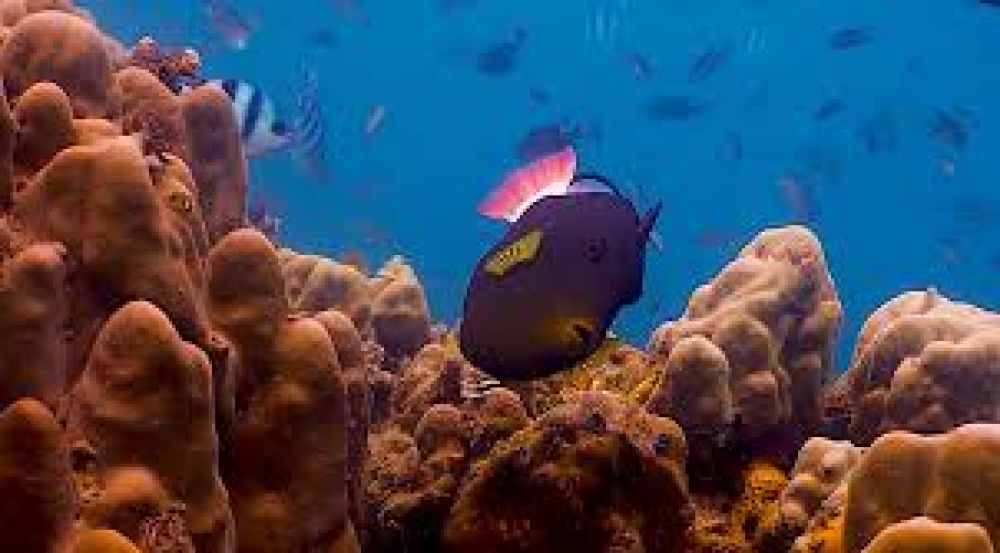

The Japanese Garden Diving Site in Aqaba has long been one of Jordan's marine jewels, attracting divers from around the world with its vibrant underwater ecosystems and tranquil beauty. It's named after the ornate corals and arrangement of marine life that bear a resemblance to a traditional, meticulously-tended Japanese garden.
Aqaba's history as a touristic destination began well over a century ago when travelers started to take note of its unique geographic, cultural, and historical offerings. The establishment of the Aqaba Marine Park in the early 1990s further contributed to the region's appeal as a diving destination, putting places like the Japanese Garden on the map for underwater enthusiasts.
With the discovery and subsequent promotion of Aqaba's coral reefs, including the Japanese Garden, the area saw steady growth in tourism throughout the 20th century. Aqaba's strategic position at the northeastern tip of the Red Sea, coupled with its rich biodiversity, immaculate coral reefs, and accessibility to historic sites, like the ancient city of Petra, has made it a must-visit location for tourists seeking a mix of adventure and culture.
The Japanese Garden is celebrated for its shallow coral reefs that are suitable for both novice and experienced divers. The site features an array of hard and soft corals, along with a diverse set of marine species including puffers, butterflyfish, parrotfish, and, if you are lucky, you might even encounter a sea turtle gliding by. These elements create a serene diving experience that mimics the peaceful nature of a real Japanese garden.
The latest trends in Aqaba's tourism industry reflect a shift towards sustainable and environmentally responsible travel. Efforts have been made to ensure the preservation of marine life, and eco-friendly practices are being promoted amongst the diving community. Additionally, Aqaba has been developing its infrastructure to cater to luxury tourism, while also expanding options for budget travelers, making it more accessible to a wider audience.
Adventure tourism is also experiencing an upsurge in Aqaba, with activities like diving, snorkeling, and water sports drawing in visitors. At the same time, cultural tourism continues to thrive, with people coming to experience local traditions, cuisine, and historical landmarks.
When planning a visit to the Japanese Garden, it's advisable to check the marine conditions and choose a time of year when visibility is high and water temperatures are comfortable. The diving site is accessible by boat, with numerous local operators providing guided tours that cater to all proficiency levels. It's essential to ensure that your trip aligns with sustainable tourism practices to help preserve the beauty of the Japanese Gardens for future generations.
Remember: While Aqaba offers a myriad of aquatic adventures, the Japanese Garden remains a standout attraction for those seeking an underwater experience that is both mesmerizing and educational. With careful planning and a mindful approach, your dive into the Japanese Garden can be a highlight of your exploration of Jordan's natural wonders.